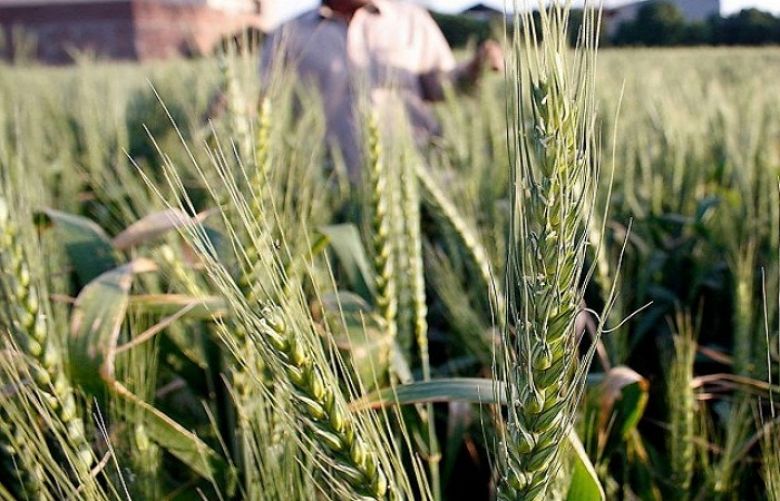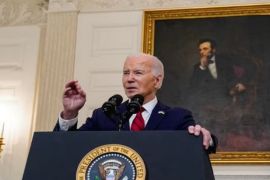Prime Minister Nawaz Sharif on Tuesday has directed concerned ministries to devise a strategy to bring down the cost of inputs, aimed at improving per-acre yield and profitability of the agriculture sector.
The prime minister further asked the Ministry of National Food Security to initiate measures to attract investment in high-tech seed industry and asked if there is any legislation required to do that.
He was chairing a high level meeting in the PM Secretariat to deliberate over issues and problems being faced by the agriculture sector in the wake of downward trends in the international markets.
He also directed the concerned department to develop particular standards for use of agricultural machinery to improve efficiency. Additionally, provincial governments were directed to initiate a thorough process for implementation of the recommendations made by the agricultural forum.
Surplus stocks of agricultural products in international and domestic markets have put pressure on the support price mechanism and profitability of the agricultural production has been affected.
The meeting was informed that agriculture is mainly a small farmer’s business in Pakistan. Therefore, any price shock has damaging effects on millions of small farmers earning their livelihood from the agriculture sector.
The meeting agreed that the Pakistani farming community is suffering from a global phenomenon and a strategy is required to come out of this economic conundrum.
The meeting was informed that in view of the situation, the Planning Commission organised a forum on agriculture pricing trends and its possible implications on rural economy in August 2015. The forum presented a set of recommendations for consideration by the government in Wednesday’s meeting.
The meeting deliberated in detail on the recommendations of the forum with regard to problems faced by producers of major crops like rice, sugar-cane, cotton, wheat and vegetables. It also analysed and evaluated implications of any government interventions to manage the price fluctuations while keeping the interests of both the producers and consumers in mind.







